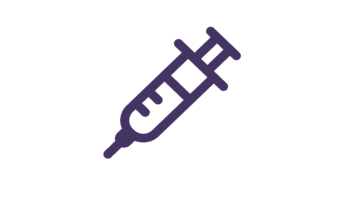This article argues that increased efforts should be placed on developing mechanisms for sharing lessons learnt about strategies that have successfully increased confidence in vaccination in Europe and globally.


This article argues that increased efforts should be placed on developing mechanisms for sharing lessons learnt about strategies that have successfully increased confidence in vaccination in Europe and globally.

“There is no silver bullet” to counter mistrust but we must listen to people’s concerns and frustrations, rather than engaging in…

Dr. Pauline Paterson talks to The Guardian about how to communicate around…

Macron is battling a unique history of vaccine hesitancy, borne out of a series of mismanaged and bungled medical events, according to…

Vaccine hesitancy is prevalent in all demographic groups and settings; however, it remains vastly understudied in low-income and middle-income regions.

Confidence in vaccine safety varies across countries but public confidence in safety is consistently lower than…

It is an incredible scientific and collective achievement that we have not just one vaccine against COVID-19, but multiple…

Prof. Heidi J Larson speaks to The Economist about similarities between vaccine hesitancy today and the 19th century.

The aim of this study was to identify the methods most commonly used for monitoring vaccination-related topics on different…

This study aims to assess global hesitancy, confidence, and public engagement toward COVID-19 vaccination.

This study was a comparative analysis between the United Kingdom and China, which…
